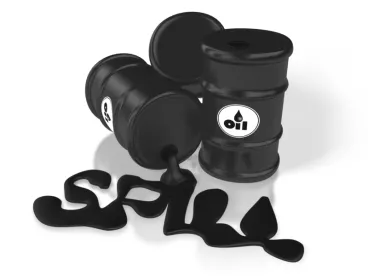The general statute of limitations for claims alleging injury to real property is six years. However, a recent decision of the New Jersey Supreme Court ruled that private claims for contribution made pursuant to the New Jersey Spill Compensation and Control Act (Spill Act) are not subject to any statute of limitations.
Under the Spill Act, anyone who discharges or is in any way responsible for the discharge of a hazardous substance is strictly liable, jointly and severally, and without regard to fault, for all costs of cleaning up the contamination. The Spill Act also provides that a party who acts to remediate or cleanup contamination may sue other responsible parties for contribution to the cleanup costs. Typically, general statutes of limitations apply except where a particular statute sets forth a specific limitation period. Because the Spill Act does not set forth a specific limitation period, lower courts had ruled that the general six-year statute of limitations is applicable to actions for contribution under the Spill Act. In Morristown Associates v. Grant Oil Co., the Supreme Court said otherwise.
The Court cited to language in the Spill Act specifying that “the only defenses which may be raised … in an action arising under the provisions of this act” are “[a]n act or omission caused solely by war, sabotage, or God,” or certain other narrowly specified circumstances. That, coupled with the language providing that those who discharge hazardous substance or are in any way responsible for any hazardous substance “shall be strictly liable, jointly and severally, without regard to fault, for all clean up and removal costs no matter by whom incurred,” persuaded the Supreme Court that no limitations period restricts the Spill Act contribution claims.




 />i
/>i
